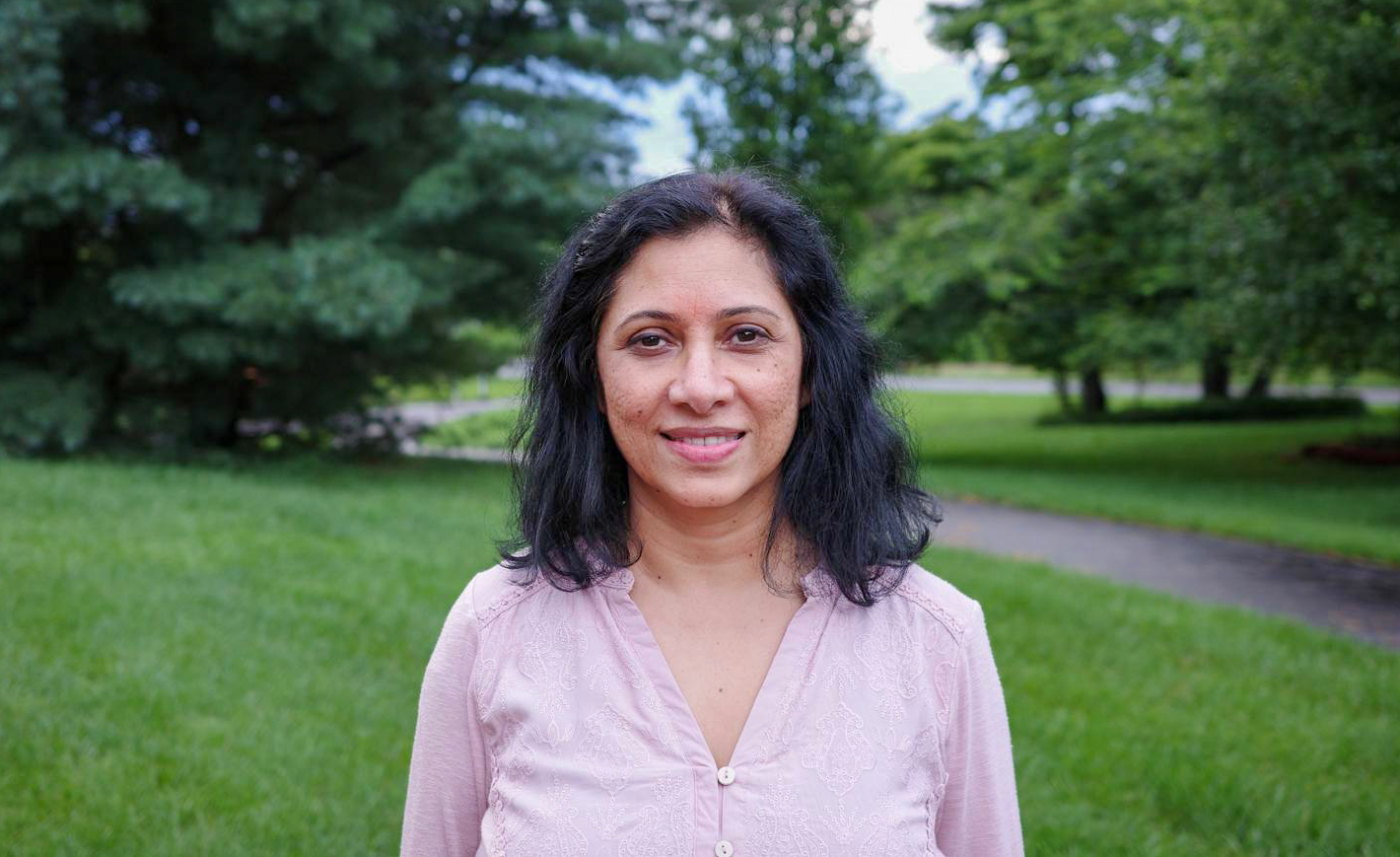I was born and raised in the colorful city of Hyderabad, India. The mini metropolitan that I grew up in was a melting pot to the backgrounds, religions, and faiths that composed the thriving city. I spent my early years attending a Roman Catholic all-girls school, where only a small fraction of students were Christian. The principal and some of the teachers were nuns, and every other Saturday we attended Catholic Mass. These teachings and experiences were simply a part of everyday life, and I grew to appreciate being exposed to different religions from a young age.
One of the most pivotal life lessons I learned during my formative years came from one of my Catholic teachers, Miss Charlotte Domingo. Amid lessons in science, English, and mathematics, she also taught us about humanity and how to interact with others. Miss Domingo encouraged everyone to become the best version of themselves, and a key lesson she emphasized was the importance of advocating for ourselves. As a shy student, I often struggled to speak up or stand my ground. She would always remind us, “If you don’t tell, how will they know?” That simple phrase shifted my perspective on how to approach challenges and, more importantly, taught me how to advocate for myself.
Growing up in Hyderabad shaped my ideas of community and belonging. All the neighbors knew one another and we were all united in our diversity. We found comfort and security in one another. The holidays gave us an opportunity to bring us all together with good food and even better company. I would look forward to the delicious plum cakes that were baked during Christmas and the Sheer khurma made in Ramzan (month of fasting for Muslims).
In fact, my positive early experience attending a Roman Catholic school played a key role in my decision to attend a Catholic denominational college and continue being part of interfaith educational spaces. It was there that I met my best friend, Shoba. One thing about Shoba was certain, she always showed up for me, time and again, no matter the distance or circumstance. When she got married, I was by her side just as she had always been by mine. Her wedding beautifully blended Hindu and Christian traditions, combining a classic white wedding with a vibrant turmeric Haldi ceremony. Shoba’s kindness knew no bounds, and religion was never a barrier in our friendship.
When I lived in Wisconsin prior to moving to Maryland, I was present for the memorial services conducted in the wake of the 2012 Sikh temple massacre. At that time, we did not look to each other as members of different faiths but as members of the community that faced a terrible tragedy. It wasn’t even a second thought to go and support the members of the Gurdwara, pay our respects, and show solidarity to the victims of the hateful act. Hand-in-hand, we mourned together as a community for the lives that were so brutally taken simply for practicing their religion.
I hope that those divided by differences find the commonalities between each other. Religions were created as a way of teaching lessons of human nature through a spiritual means of communication, and at its core many religions share similarities rather than differences. If we see each other as part of an extended family, then it should be natural to embrace our own faith while also accepting and respecting others for who they are. In my view, an ideal Indian diaspora or India is shaped by coexisting in complete understanding with one another and finding the unity in diversity.

